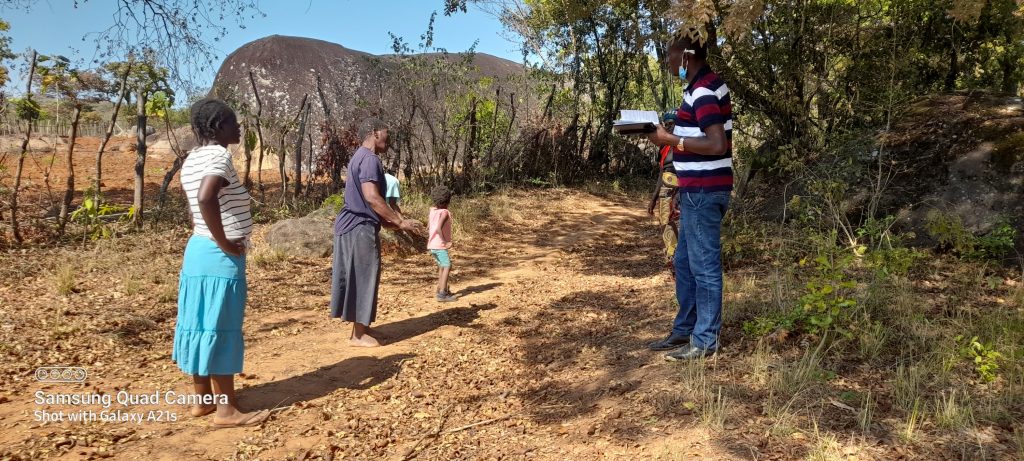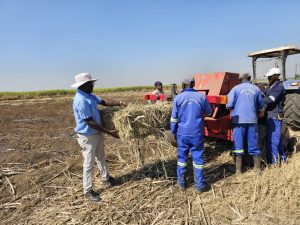Upenyu Chaota
Zimbabwe, like many parts of the world, has been hard-hit by changes in climate, with effects being felt in food security, and consequently exerting pressure on peace and tranquillity at household level.
If families are well-fed, peace and tranquillity have a better chance of prevailing than when food is not enough on the table.
For many years now, farming seasons in Zimbabwe have not been very good for many families and this has resulted in strained domestic relationships since a hungry man can get easily agitated.
The World Food Programme (WFP) puts the number of households in need of food aid in the country northwards of 6 million.
With climate changing and many households going hungry, domestic violence cases have increased as men take out their frustrations on women.
Findings from EnviroPress’ outreach programme undertaken in Masvingo district covering various wards in Masvingo West, South, North, and Central constituencies show that many rural women are suffering an increase in domestic violence directly or indirectly liked to climate change.
Some women told EnviroPress that they endure physical and emotional abuse from their husbands when the harvests fail and there is no food aid from the government and external donors.
One such woman is Jessica Charuma of Ward 15, Masvingo Central, who said she suffered abuse from her irritable husband who expects a ‘good meal’ even when there is not enough grain at home.
“I was raised to believe that I should be the one expecting him to provide enough for me and the children, but I am the one who takes most of the strain now. He gets drunk in the village and comes back home late and there is either some very bad words shouted, or some pushing and shoving against me,” said Charuma, who is in her late 20s.
She said despite their best efforts, they did not get much from the fields in the 2020-2021 cropping season because of too much rain and the absence of fertilizer.
“There is a lot of favoritism and other forms of corruption in the distribution of government’ Social Welfare food aid. My name was never put on the list despite that my family is clearly needy,” said Charuma.
In Ward 5, Masvingo West, a woman who preferred anonymity said much of the abuse she suffered from her ex-husband was related to the absence of enough food at home.
“Whenever I tried to reason with him that food was running out, he would tell me to work like other women and get food. He would beat me up for the most frivolous of reasons until I get fed up and walked out on him,” she said.
She said the situation was often worse when government failed to keep up with its own Social Welfare food aid distribution schedules.
On another account, rural women further suffer the effects of climate change through increased domestic workloads for instances those related to the hassles of finding water.
It is women who must find water for domestic uses, and this is becoming a big hassle as boreholes dry up quicker and open wells become increasingly erratic.
Women Coalition of Zimbabwe (WCoZ) Masvingo chapter coordinator Belinda Mwale said increases in climate change-related domestic violence cases in the context of the various phases of the Covid-19 induced lockdown were worrying.
“Climate change has hit women the hardest and has opened flood gates of abuses. As hunger stalks many households, men get more unstable and violent as they fail to adequately provide for their families,” said Mwale.
Since there is not much conservation farming and adaptive techniques in rural communities, many have been repeating the same farming methods which are no longer viable.
On its part, government has been propounding a new conservatory farming technique called Pfumvudza which has yielded mixed results depending on who you ask.






